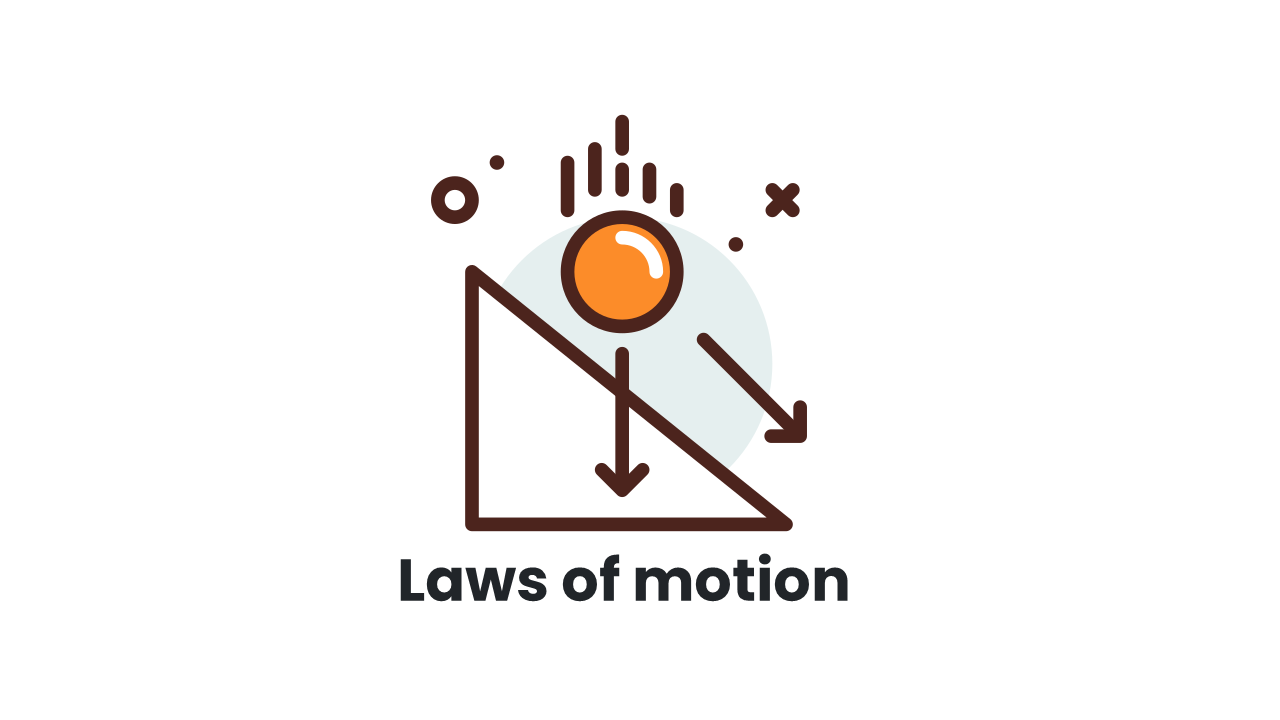- A The temperature of the substance rises, the substance may change its state from solid to liquid or from liquid to gas, and the substance will contract when heated.
- B The temperature of the substance rises, the substance may change its state from solid to liquid or from liquid to gas, and the substance will expand when heated.
- C The temperature of the substance decreases, the substance may change its state from solid to liquid or from liquid to gas, and the substance will expand when heated.
- D The temperature of the substance decreases, the substance may change its state from solid to liquid or from liquid to gas, and the substance will contract when heated.
 Laws of motion - Quiz 90
Laws of motion - Quiz 90 .jpeg) Optics - Quiz 53
Optics - Quiz 53  Acoustics - Quiz 50
Acoustics - Quiz 50